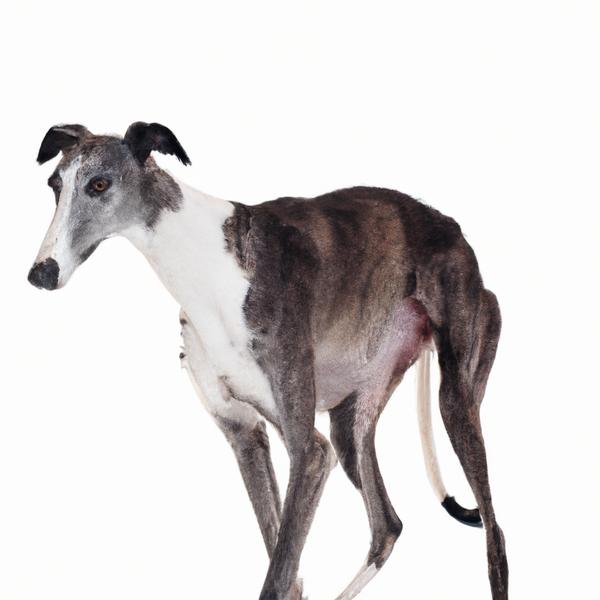Greyhound vs. Chinese Crestese: Breed Differences and Similarities
Hypoallergenic
Are Greyhounds or Chinese Cresteses hypoallergenic, or neither?
Unfortunately, the Greyhound is not hypoallergenic, making it not a good choice for a dog lover who suffers from pet allergies.
While no dogs are truly 100% hypoallergenic, Chinese Cresteses are about as close as it gets, making them an ideal pet if you are an allergy sufferer.
Temperament
What are the personalities of Greyhound and Chinese Crestese dogs?
Intelligent
Affectionate
Outright
Tempered
Gentle
Athletic
Quiet
Active
Playful
Happy
Alert
Intelligent
Responsive
Docile
Affectionate
Lively
Gentle
Tempered
Sweet
Easygoing
Shedding Level
Do Greyhounds shed more than Chinese Cresteses, or which breed sheds more, Greyhounds or Chinese Cresteses?
Greyhounds are moderate shedders, but regular brushing can reduce shedding and maintain coat health.
Chinese Cresteses shed very little hair, making them a great choice for those who dislike excess hair in the house.
Watchdog Ability
Which dog breed makes a better watchdog, the Greyhound or Chinese Crestese?
Greyhounds are decent watchdogs - they'll alert their owner if something seems amiss.
Chinese Cresteses aren't great guard dogs; they tend to just watch without taking action.
Origin
What is the origin of Greyhound and Chinese Crestese dog breeds?
Egypt
United States
Ancestry
What are the origins of Greyhound and Chinese Crestese breeds?
Arabian Sloughi
Maltese, Chinese Crested
Date of Birth
When were Greyhound and Chinese Crestese breeds first developed?
Ancient Times
2002
Litter Size
What is the usual litter size for Greyhound and Chinese Crestese?
A Greyhound can have a litter of 10-13 puppies on average. However, it's worth noting that the size of the litters can vary greatly. Factors that can influence litter size include the health of the mother, breeding history, and genetics.
A Chinese Crestese can have a litter of 3-5 puppies on average. However, it's worth noting that the size of the litters can vary greatly. Factors that can influence litter size include the health of the mother, breeding history, and genetics.
Adaptability
Greyhounds are highly adaptable and versatile, making them excellent companions for families and individuals of all lifestyles.
Chinese Cresteses are known for their adaptability and can adjust well to different environments and lifestyle changes.
Health Issues
Between Greyhound and Chinese Crestese, which breed is more prone to health problems?
Greyhound and Chinese Crestese breeds are generally considered to be healthy. However, like all breeds, they are susceptible to certain health issues and it is important to keep an eye out for them and address them with your veterinarian as needed.
Major Concerns
What are the major health concerns for Greyhound and Chinese Crestese breeds?
Osteosarcoma
Bloat
Progressive Retinal Atrophy
Hip Dysplasia
Patent Ductus Arteriosus
Minor Concerns
What minor health issues should be kept in mind when owning Greyhound and Chinese Crestese?
Hyperthyroidism
Hemophilia
Legg-Calve-Perthes Disease
Keratoconjunctivitis Sicca
Occasional Tests
What occasional tests are recommended for Greyhound and Chinese Crestese breeds?
Blood Test
Thyroid Tests
X-Rays
Physical Examination
Hip And Eyes
Blood Test
Heart
X-Rays
Eye Examination
Physical Examination
Energy
How do the energy levels of Greyhounds and Chinese Cresteses compare?
Greyhounds are a good choice for a low-key lifestyle due to their low energy levels.
Chinese Cresteses' high energy levels make them unsuitable for a low-key dog, choose accordingly.
Social Needs
Greyhound vs Chinese Crestese social needs comparison
Greyhound has average social needs and is less independent than other breeds.
Chinese Crestese has very high social needs and requires regular mental and physical stimulation, a job or purpose, and companionship.
Exercise Needed
Greyhound vs Chinese Crestese exercise need comparison.
Greyhounds need only a small amount of physical activity, ideal for busy or elderly people or those with limited space.
Chinese Cresteses need moderate physical activity and are great for families and active individuals.
Sleeping Need
Which of the two sleeps the most/least: Greyhound or Chinese Crestese?
The Greyhound and Chinese Crestese breed are known for their relaxed and calm nature, as well as their tendency to sleep for long periods of time.
Tendency to Bark
Do Greyhounds or Chinese Cresteses bark more/less frequently?
Greyhounds are typically quiet and only bark when needed, such as to alert their owner or when in distress.
Chinese Cresteses bark moderately when necessary and may also bark due to certain triggers like fear, alarm, boredom, greeting, separation anxiety and compulsive barking.
Mouthiness
Mouthiness Comparison: Greyhound vs Chinese Crestese?
Roaming urge
Greyhound vs Labrador: Running away tendency?
Prey Drive
Greyhound or Chinese Crestese - which breed has a higher level of prey drive?
Tolerance of being left alone
Grooming
Which breed is easier to maintain in terms of grooming, Greyhounds or Chinese Cresteses?
The Greyhound is a low-maintenance breed that doesn't require much grooming.
The Chinese Crestese requires an average amount of grooming compared to other breeds.
Intelligence
Comparing Intelligence: Greyhounds vs Chinese Cresteses
Greyhounds are average in obedience intelligence but have a high IQ and may cause trouble if left unsupervised.
Chinese Crestese has below average obedience intelligence, but they excel in understanding human emotions.
Sensitivity Level
How do Greyhound and Chinese Crestese compare in sensitivity?
These dog breeds are particularly attuned to its environment and the emotions of those around it. Greyhound and Chinese Crestese can be easily overwhelmed by loud noises, new environments, unfamiliar people, or animals. This dog breed is best suited for individuals or families who are patient, gentle, and understanding of its sensitive nature. It may also benefit from a calm and stable home environment, with a consistent routine and plenty of positive reinforcement training.
Affection Dependance
Which is the more affectionate dog breed: Greyhound vs Chinese Crestese?
Apartment Friendly
Which breed is more apartment-friendly: Greyhound or Chinese Crestese?
Greyhounds and Chinese Cresteses are known for being excellent apartment dogs. They are fairly active indoors and will do okay without a yard.
Child Friendly
Do Greyhounds or Chinese Cresteses have a friendlier temperament towards children?
Greyhounds make excellent family pets for kids due to their gentle, protective nature and calm temperament.
Chinese Cresteses are good with kids if socialized and trained from a young age.
Senior-friendly
Which dog is more suitable as a pet for the elderly - Greyhound or Chinese Crestese?
Cat Friendly
Do Greyhound or Chinese Crestese breeds have a better compatibility with cats?
Greyhounds are somewhat cat friendly and can be trained to get along with cats.
Chinese Cresteses are very friendly with cats and make great companions for them.
Dog Friendly
Which breed is more sociable with other dogs: Greyhound or Chinese Crestese?
Greyhounds are generally very friendly towards other dogs, with a happy and affectionate temperament.
Chinese Cresteses are friendly and active companions, and can be good family pets, though their friendliness towards other dogs may vary.
Pet friendly
How do Greyhound or Chinese Crestese dogs interact with other pets?
Stranger Friendly
Which breed is more friendly with strangers: Greyhound or Chinese Crestese?
Greyhound and Chinese Crestese are known to be very friendly around strangers.
Playfulness
Which breed is more playful between Greyhound and Chinese Crestese?
Greyhound and Chinese Crestese have an average level of playfulness. Like other dogs, they enjoy playing, but they are not the most playful dog breed.
Trainability
How do the trainability levels of Greyhounds and Chinese Cresteses compare?
Greyhound and Chinese Crestese dogs are known for their ease of training and ability to learn quickly, making them a popular choice for pet owners and trainers alike.
Compare Greyhound with other breeds

Chiwoxy
Greyhound vs Chiwoxy
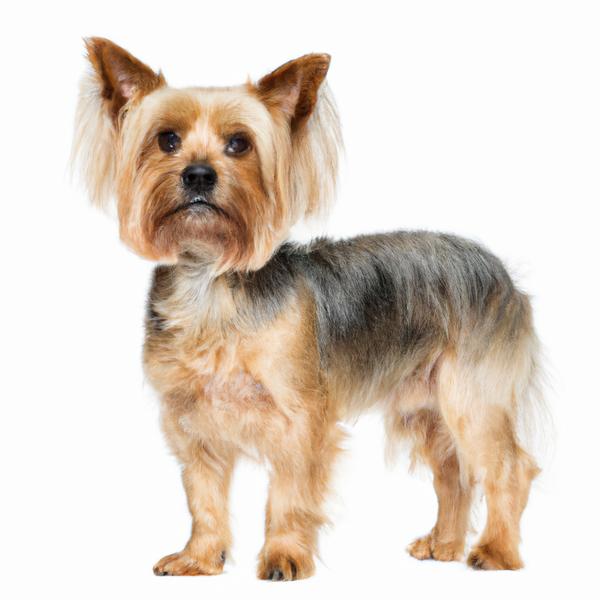
Silky Terrier
Greyhound vs Silky Terrier
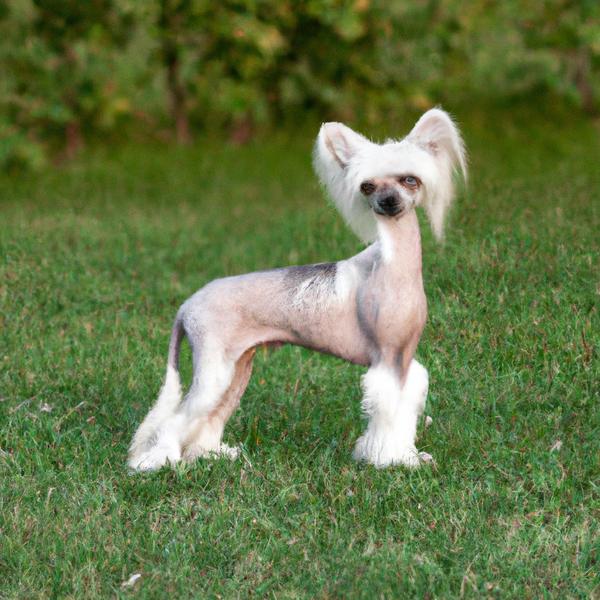
Chinese Crestese
Greyhound vs Chinese Crestese

Staffy Bull Pit
Greyhound vs Staffy Bull Pit
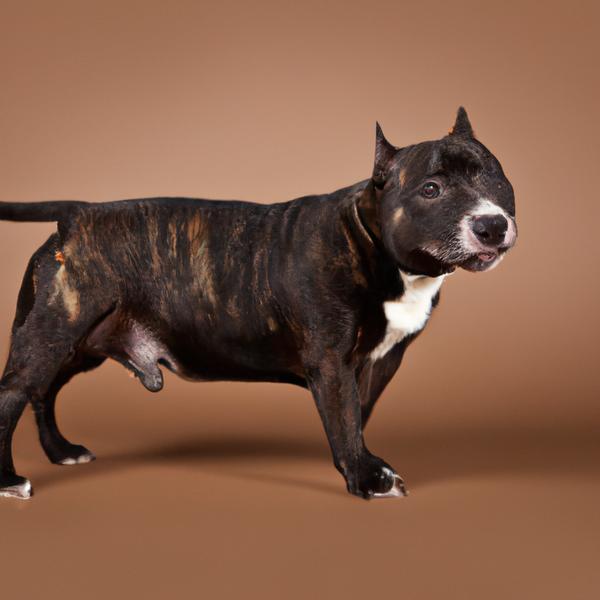
Scottish Staffish Bull Terrier
Greyhound vs Scottish Staffish Bull Terrier
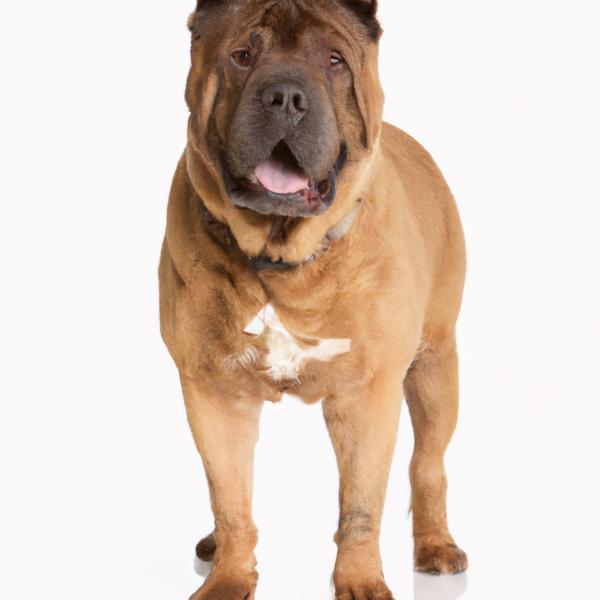
American Chow Bulldog
Greyhound vs American Chow Bulldog
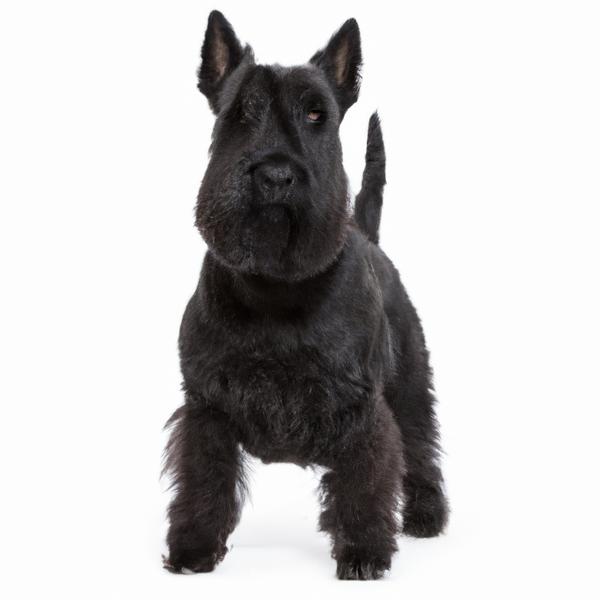
Scottese
Greyhound vs Scottese
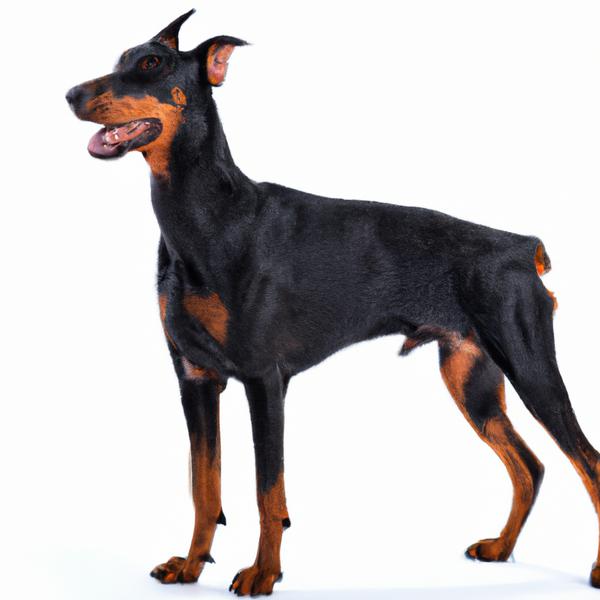
Manchester Terrier
Greyhound vs Manchester Terrier
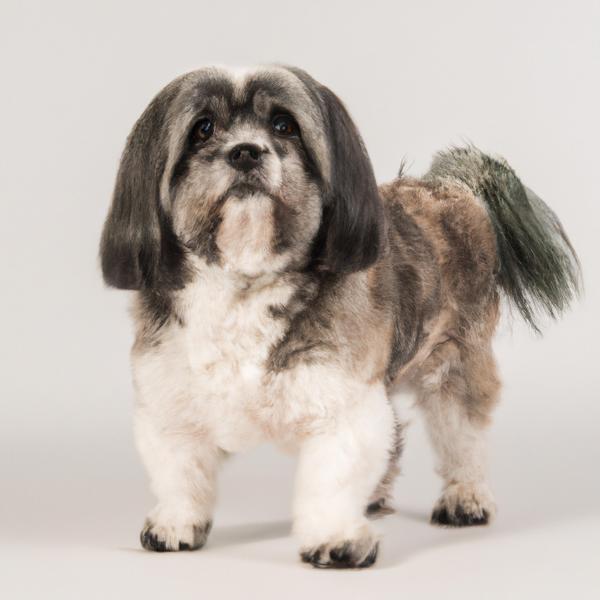
Havapeke
Greyhound vs Havapeke
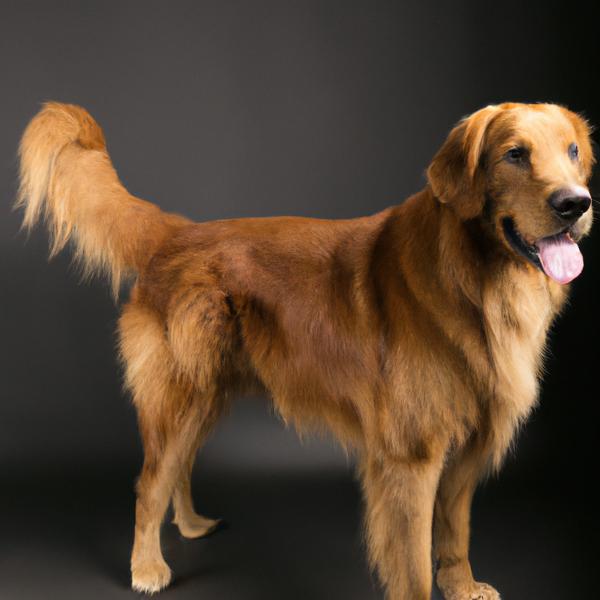
Siberian Retriever
Greyhound vs Siberian Retriever
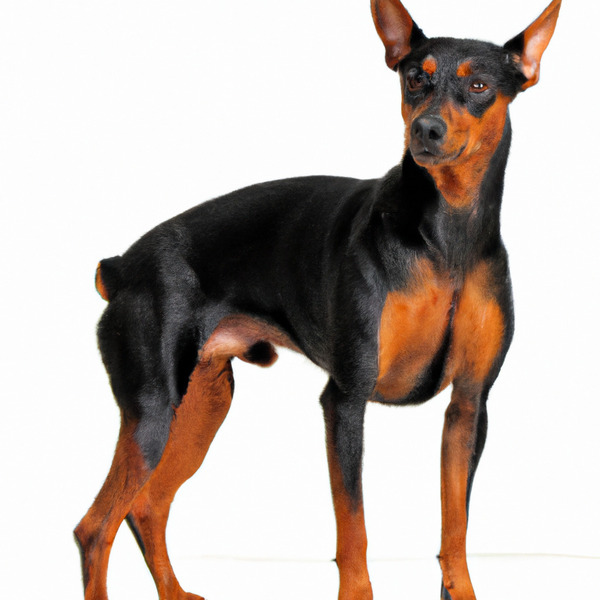
Harlequin Pinscher
Greyhound vs Harlequin Pinscher

English Boodle
Greyhound vs English Boodle
